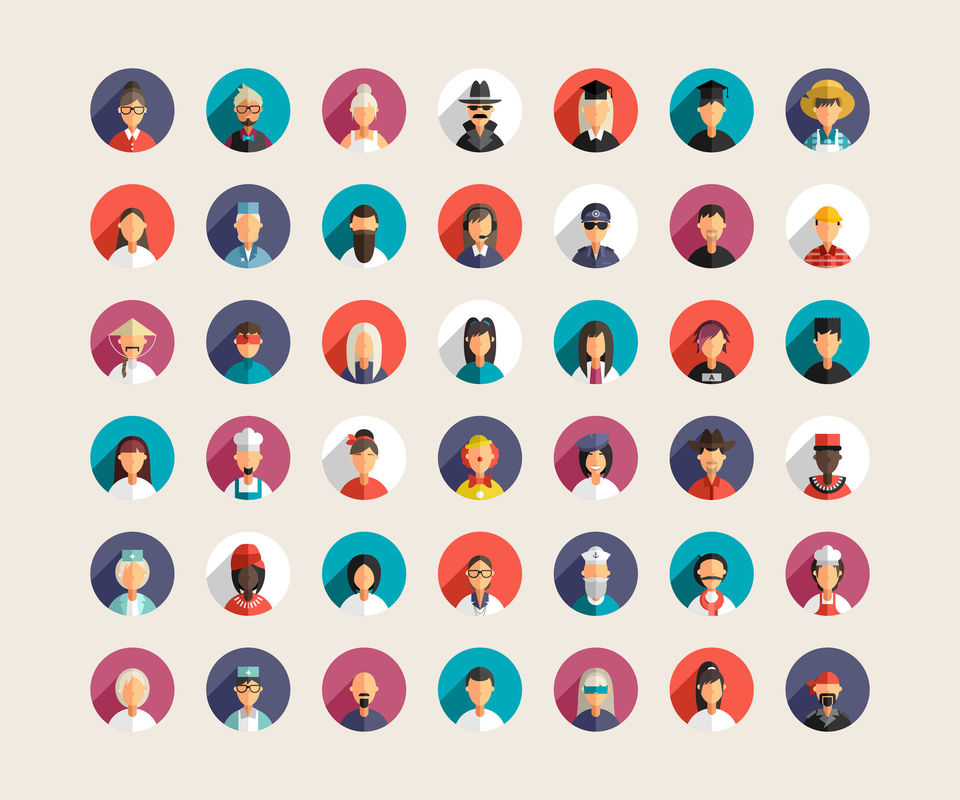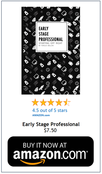- Wise Words -
Use the "Career Equation"
to figure out what works for you
by erica sosna
|
When you think back to the careers advice you received in school – how useful was it? For most of us, careers advice consisted of a short online test that spat out a range of job options. So, as a result, we mostly ‘fell’ into our careers rather than choosing them.
When I say “we” I also mean “I”. My career started in the Civil Service. The work was interesting and impactful and right up the street of a social historian like me. But I was frustrated. The pace of progress was very slow, everything needed to be checked and rechecked several times. The culture was very formal and conservative. But the tipping point for me was all about the workspace. We had this retro building; right on St James Park in London, but the bombproof set up meant that on a sunny day you couldn't open the window. It sounds like a small thing, but this became a metaphor for how stifled I felt in that Government culture and I left a few months later. My new role was in a much smaller, private firm, with more a creative bent. We all worked from home and dressed very informally and I could not have been happier; I had found what was important to me. Knowing how difficult it can be to find the right career “home”, later on in my career I established Career Matters, a coaching business to help professionals select the right career for them. We have built a framework for making the decision and we call it The Career Equation™. In this column I want to go through the equation so that if you are in the position of knowing you want to make a change, but unsure of what that change looks like you will be able to get an answer. You will be able to solve your career equation. Your Skills
Let’s say that thriving in your work begins with working in an area of skill. When we like what we do, feel good at it and know it suits our personal strengths, we are in a good position to grow, to deliver and to succeed on the job. So the first thing to think about is what you are good at. Are you a natural communicator? Do you love to solve problems? Maybe you are relentlessly organized? Whatever your natural ability, there is a role that needs it. The work is to be a detective and find out where your gifts are a natural fit. Your Passions The second component is to work with your passions. We describe these as areas of enthusiasm and interest that you would pursue even if you were not paid for them. The more we work in a field we enjoy, the more our work feels like play, fun and a pleasure. Luckily, we all derive energy from different things. You might love the natural world and I might enjoy fitness. Someone else might be inspired by the patterns in numbers and another person by the potential of an untapped market opportunity. Take time to consider the areas of life that capture your interest. Your Impact Thirdly, you need to know what matters to you most. There are all sorts of impacts that are generated through our work. We spend a lot of time at work, so we want those impacts to matter to us and to feel like a meaningful and positive contribution to our life and the wider world. There are two ways to look at this piece around motive The first is to think about why you, personally, get up in the morning. Is it to provide stability and security for yourself and your family? Is it to help others? Is it to get to work with new ideas and cutting edge technology? What is it that provides you with a sense of purpose and momentum? The second is to ask what is the wider legacy you want to leave behind? Is there an impact on the environment, people, places, things that you want to realize? Both of these feed into a sense of fulfillment. Conversely, when we work in an area where we have no ability to influence or perhaps our work produces nothing of discernable value, we can become very unhappy. The Environment Our last consideration is the environment you are in. Like a plant in soil, you need a good quality environment in which to thrive. A working culture, working space and great community can make the difference between thriving and surviving in your career. Take some time to reflect on your experience of work so far. Where were you most happy? Why? Where did you do your best work? What were the factors that made that possible? We think you can have the skills, passion and impact clear, but if the environment does not support you as a person, you may still feel challenged. So that’s where to begin, or even “begin” again if you are looking to make a switch from your current career. I’d love to hear more about your career equation and the insights you’ve had as a result of this article. === Related columns: "Choosing Your Career Type", "Your Career as a Journey" and "Careers Happen"

Erica Sosna is an expert in career conversations. An accomplished speaker, storyteller and coach, Erica is also the author of Your Life Plan, published by Wiley. Her work has helped thousands of people across the globe to find work that they love. She advises companies on how to use her unique career conversations method to engage and retain their best people. To find out more visit: www.ericasosna.com
|




